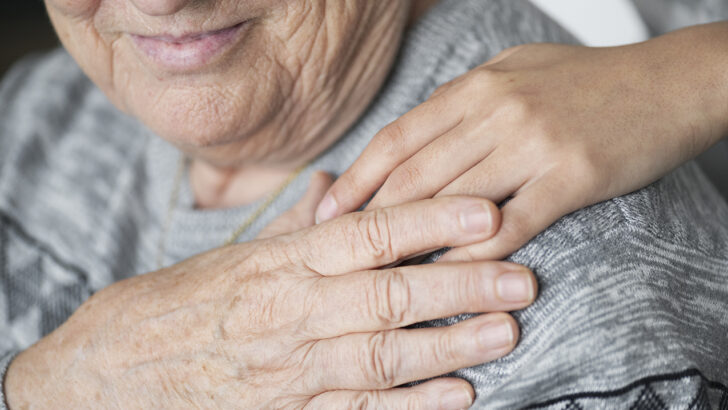In Scotland, the bishops’ conference has submitted evidence to the Scottish Parliament Health, Social Care and Sport Committee on a proposal to legalise assisted suicide. Liam McArthur, a member of the Scottish Parliament, introduced the Assisted Dying for Terminally Ill Adults (Scotland) Bill earlier this year. It would allow terminally ill adults in Scotland to lawfully request assistance of health professionals to end their own life.
To be eligible to be provided with assistance to end their life, the proposed law says a person must be terminally ill and have an advanced and progressive disease, illness or condition which they cannot recover from, and which is expected to cause their premature death; be aged 16 or over; have been resident in Scotland for at least 12 months; be registered with a General Practitioner’s office in Scotland, and have sufficient capacity to make and understand the decision.
The Bill also says two doctors are required to assess a person as being eligible to be provided with assistance to end their own life, and the doctors must be satisfied that a person is acting voluntarily, without being coerced or pressured.
Responding to requests for opinions on the proposed legislation, the bishops said that “assisted suicide attacks human dignity and results in human life being increasingly valued on the basis of its efficiency and utility”, adding implicit in legal assisted suicide is the idea that “an individual can lose their value and worth”.
The bishops said it was “significant” that the Royal College of General Practitioners and the Association of Palliative Medicine in the UK are both opposed to assisted suicide and euthanasia.



